This is from
John Scalzi Blog and it is an amazing piece on what it means to be poor in America:
Being Poor
Being poor is knowing exactly how much everything costs.
Being poor is getting angry at your kids for asking for all the crap they see on TV.
Being poor is having to keep buying $800 cars because they're what you can afford, and then having the cars break down on you, because there's not an $800 car in America that's worth a damn.
Being poor is hoping the toothache goes away.
Being poor is knowing your kid goes to friends' houses but never has friends over to yours.
Being poor is going to the restroom before you get in the school lunch line so your friends will be ahead of you and won't hear you say "I get free lunch" when you get to the cashier.
Being poor is living next to the freeway.
Being poor is coming back to the car with your children in the back seat, clutching that box of Raisin Bran you just bought and trying to think of a way to make the kids understand that the box has to last.
Being poor is wondering if your well-off sibling is lying when he says he doesn't mind when you ask for help.
Being poor is off-brand toys.
Being poor is a heater in only one room of the house.
Being poor is knowing you can't leave $5 on the coffee table when your friends are around.
Being poor is hoping your kids don't have a growth spurt.
Being poor is stealing meat from the store, frying it up before your mom gets home and then telling her she doesn't have make dinner tonight because you're not hungry anyway.
Being poor is Goodwill underwear.
Being poor is not enough space for everyone who lives with you.
Being poor is feeling the glued soles tear off your supermarket shoes when you run around the playground.
Being poor is your kid's school being the one with the 15-year-old textbooks and no air conditioning.
Being poor is thinking $8 an hour is a really good deal.
Being poor is relying on people who don't give a damn about you.
Being poor is an overnight shift under florescent lights.
Being poor is finding the letter your mom wrote to your dad, begging him for the child support.
Being poor is a bathtub you have to empty into the toilet.
Being poor is stopping the car to take a lamp from a stranger's trash.
Being poor is making lunch for your kid when a cockroach skitters over the bread, and you looking over to see if your kid saw.
Being poor is believing a GED actually makes a goddamned difference.
Being poor is people angry at you just for walking around in the mall.
Being poor is not taking the job because you can't find someone you trust to watch your kids.
Being poor is the police busting into the apartment right next to yours.
Being poor is not talking to that girl because she'll probably just laugh at your clothes.
Being poor is hoping you'll be invited for dinner.
Being poor is a sidewalk with lots of brown glass on it.
Being poor is people thinking they know something about you by the way you talk.
Being poor is needing that 35-cent raise.
Being poor is your kid's teacher assuming you don't have any books in your home.
Being poor is six dollars short on the utility bill and no way to close the gap.
Being poor is crying when you drop the mac and cheese on the floor.
Being poor is knowing you work as hard as anyone, anywhere.
Being poor is people surprised to discover you're not actually stupid.
Being poor is people surprised to discover you're not actually lazy.
Being poor is a six-hour wait in an emergency room with a sick child asleep on your lap.
Being poor is never buying anything someone else hasn't bought first.
Being poor is picking the 10 cent ramen instead of the 12 cent ramen because that's two extra packages for every dollar.
Being poor is having to live with choices you didn't know you made when you were 14 years old.
Being poor is getting tired of people wanting you to be grateful.
Being poor is knowing you're being judged.
Being poor is a box of crayons and a $1 coloring book from a community center Santa.
Being poor is checking the coin return slot of every soda machine you go by.
Being poor is deciding that it's all right to base a relationship on shelter.
Being poor is knowing you really shouldn't spend that buck on a Lotto ticket.
Being poor is hoping the register lady will spot you the dime.
Being poor is feeling helpless when your child makes the same mistakes you did, and won't listen to you beg them against doing so.
Being poor is a cough that doesn't go away.
Being poor is making sure you don't spill on the couch, just in case you have to give it back before the lease is up.
Being poor is a $200 paycheck advance from a company that takes $250 when the paycheck comes in.
Being poor is four years of night classes for an Associates of Art degree.
Being poor is a lumpy futon bed.
Being poor is knowing where the shelter is.
Being poor is people who have never been poor wondering why you choose to be so.
Being poor is knowing how hard it is to stop being poor.
Being poor is seeing how few options you have.
Being poor is running in place.
Being poor is people wondering why you didn't leave.









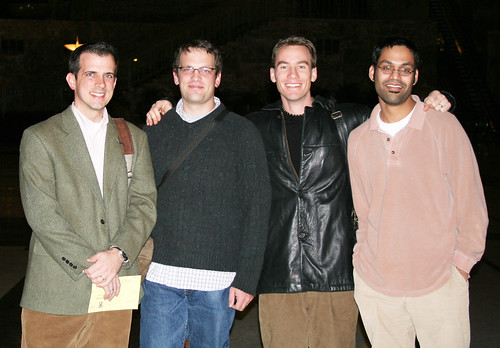



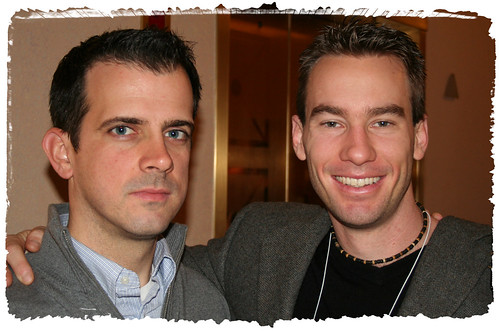
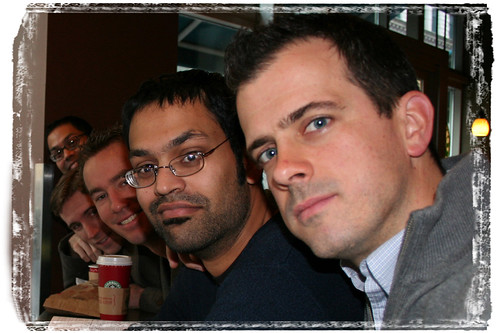









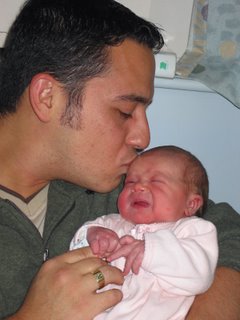



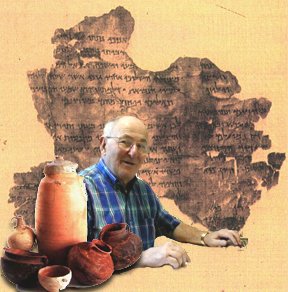
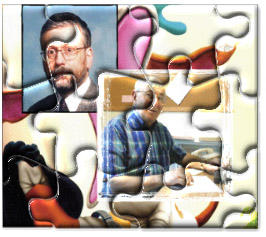
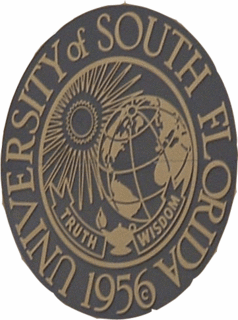
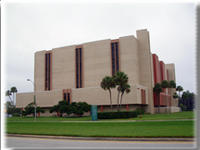



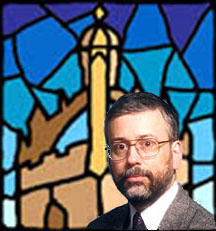







 The American Red Cross
The American Red Cross America's Second Harvest
America's Second Harvest
 Direct Relief International
Direct Relief International Feed The Children
Feed The Children Habitat for Humanity
Habitat for Humanity The Salvation Army
The Salvation Army United Jewish Communities
United Jewish Communities
 United Way
United Way

